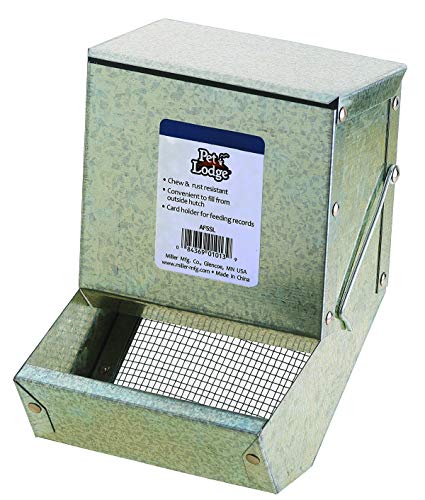My first rabbits were a gift, I was doing custom spinning for a 4-H girl, who wanted to wear a skirt made from her own sheep when showing them. Her aunt could knit the skirt, but their wool needed spun first, which is where I came in. After the last delivery of yarn, I returned to my car to find this incredibly cute fuzzy bunny sitting on my front seat, an English Angora rabbit. He was my first rabbit, a 'thank-you' for doing the spinning. We had an Angora breeder in my spinner's guild--I asked her how to take care of the rabbit, which she explained. She also warned me they were addictive, and she was so right. I've been spinning angora for over 40 years now, have raised most of the angora breeds at one time or another, but English Angoras are still my first love, with that irresistible teddy bear face and fuzzy ears, and perky but usually pleasant personality.
(also I discovered muscovy ducks--a tip for fellow suburbanite meat farmers)
I adore Muscovy ducks, they don't (usually) quack, the males get quite large (10-15#, dressed hen turkey size) while the girls are much more petite (6-8#), which is easier on the feed bill. They free range whenever the snow is off the grass, and search out ticks and other insects, keeping all of our stock (and us) much safer. It also cuts to feed bill down to about nothing during the growing season. I select for the birds that roost on the ground (they are actually perching ducks, and the ones that roost in the trees like to fly, sometimes doing laps around the block). Every few years I get another flier, and it teaches the other young ones to fly. They're the first ones to the butcher block. They can be quite personable, I've had Muscovies fly up into my lap for treats, and they (mostly) come when called. They don't need a pond, although they do appreciate a nice water source (we use one of those rubber tubs the contractors use to mix cement in, only about 3' wide, but it doesn't crack when it freezes.) We put a brick in the bottom of the tub, and a wooden ramp that goes out of the tub so any baby ducks can get out again. (They sometimes jump in, and without the ramp can't get out again.) The hens start laying fairly early in the year (I've even had ducklings born in January in a mild year), lay multiple clutches, and have hatched as many as twenty plus ducklings at a time. Which makes a good source of eggs, meat, or ducklings for sale. Of course, if you have frree-range ducks, you also have free-range predators, but that's another story. . .
















![FHQHTH Faux Rabbit Fur Purse Fuzzy Handbags for Women Evening Handbags Al alloy Shoulder Strap [Rabbit Red]](https://m.media-amazon.com/images/I/41l5Hd2qrhL._SL500_.jpg)






